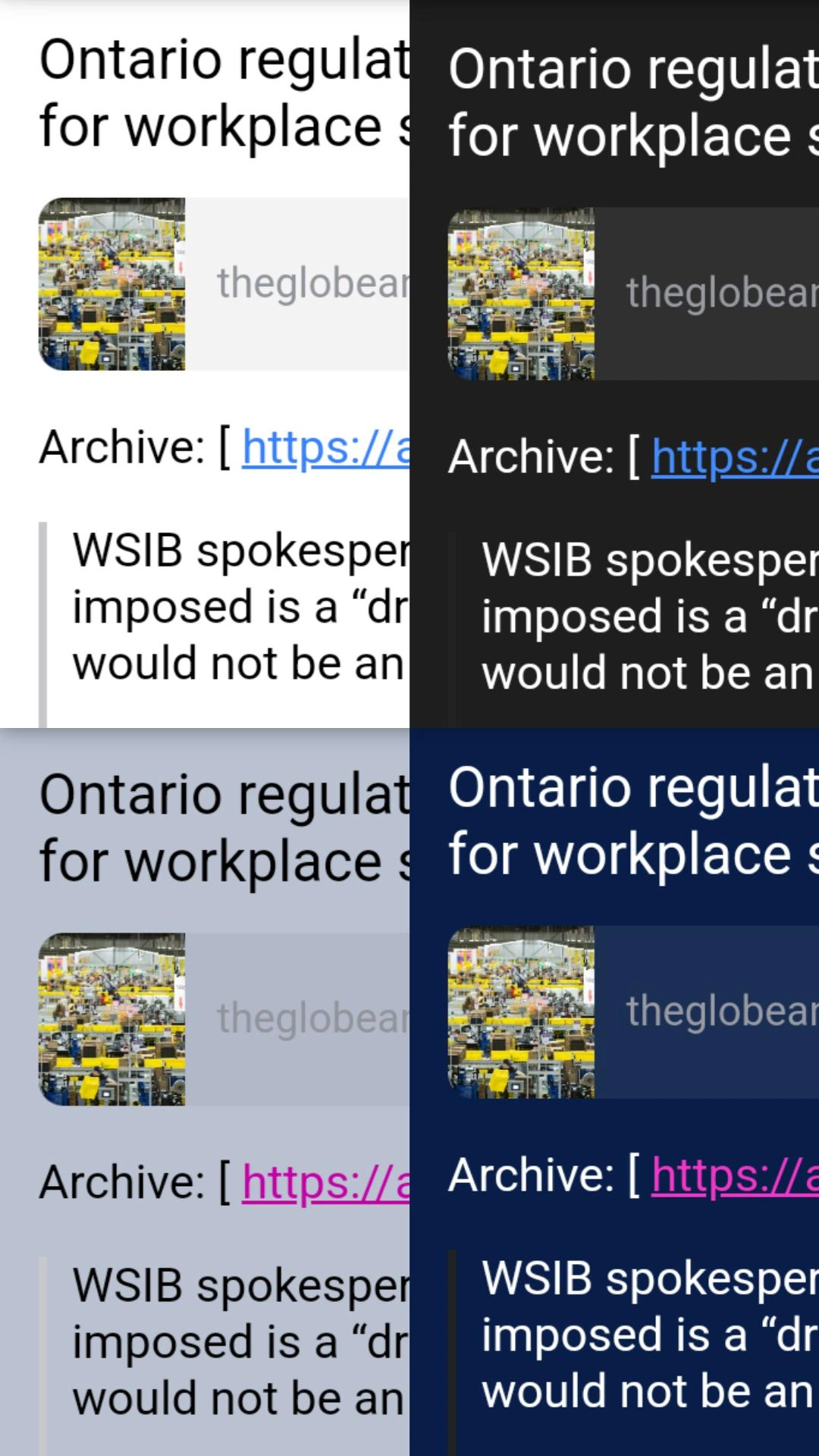Excerpt:
Lauren Burrows, a senior manager of retail strategy at consulting firm Accenture, said the Tim Hortons and Canadian Tire partnership is “so powerful” because it gives both brands more ways to engage their customers across “high-frequency” spending categories -- coffee, gas, household products and auto goods.
“This is a great example of loyalty programs evolving from transactional to truly strategic,” she said in a LinkedIn post.
However, Liza Amlani, principal and co-founder of the Retail Strategy Group, pointed out “this is less about customer delight and more about two legacy brands scrambling for incremental share in an oversaturated loyalty market.”
Canadians are already juggling too many programs, and unless the value proposition is simple, transparent and genuinely rewarding, this risks becoming just another corporate tie-up that benefits the brands more than the shoppers,” she said in an email.
. . .
While such programs deliver discounts for customers, the benefits are even bigger for businesses. Companies get access to a vast trove of information about shopping habits and consumer demographics every time someone enrols in or uses their program. Retailers then use the data to tailor their merchandise and stores to their customer base’s wants and needs, thus maximizing profits.
This collab feels so weird to me, but I'm having a hard time putting that feeling into words. All I can think of is Buy-N-Large from Wall-E... a little bit of corporate apocalypse and consumerist dread. It feels like they are trying to appeal to the pro-canada/boycott US crowd, but in a way nobody asked for. I don't know, maybe someone more eloquent than I can find the right words.

Makes sense but it's something I never really thought about before!
Equally important, my dog —who loves birds— is very intrigued by that video.